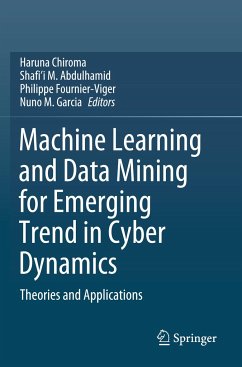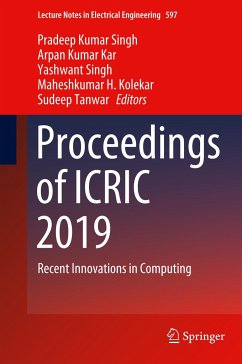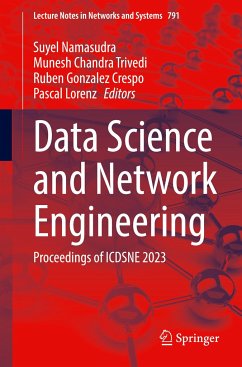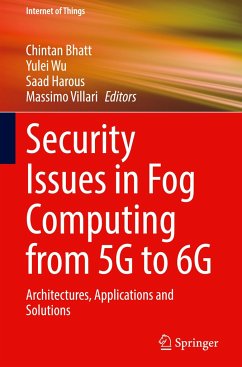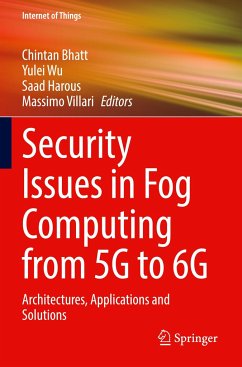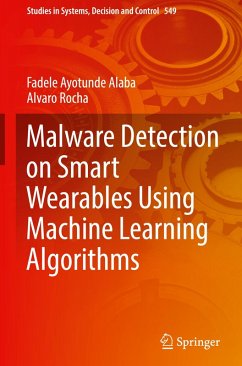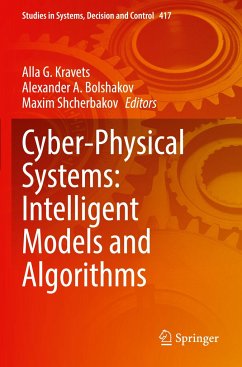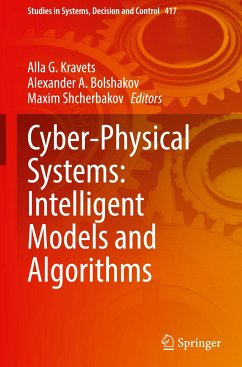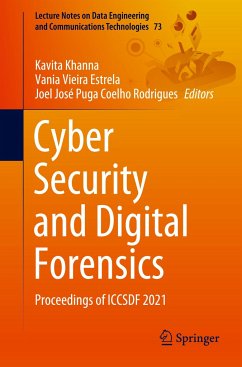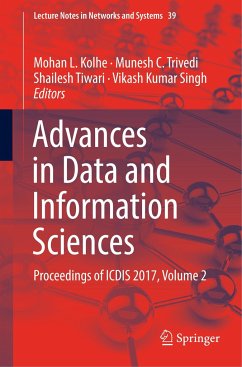
Machine Learning and Data Mining for Emerging Trend in Cyber Dynamics
Theories and Applications
Herausgegeben: Chiroma, Haruna; Abdulhamid, Shafi'i M.; Fournier-Viger, Philippe; Garcia, Nuno M.

PAYBACK Punkte
68 °P sammeln!
This book addresses theories and empirical procedures for the application of machine learning and data mining to solve problems in cyber dynamics. It explains the fundamentals of cyber dynamics, and presents how these resilient algorithms, strategies, techniques can be used for the development of the cyberspace environment such as:cloud computing services;cyber security; data analytics; and,disruptive technologies like blockchain.The book presents new machine learning and data mining approaches in solving problems in cyber dynamics. Basic concepts, related work reviews, illustrations, empirica...
This book addresses theories and empirical procedures for the application of machine learning and data mining to solve problems in cyber dynamics. It explains the fundamentals of cyber dynamics, and presents how these resilient algorithms, strategies, techniques can be used for the development of the cyberspace environment such as:
cloud computing services;cyber security; data analytics; and,disruptive technologies like blockchain.
The book presents new machine learning and data mining approaches in solving problems in cyber dynamics. Basic concepts, related work reviews, illustrations, empirical results and tables are integrated in each chapter to enable the reader to fully understand the concepts, methodology, and the results presented. The book contains empirical solutions of problems in cyber dynamics ready for industrial applications.
The book will be an excellent starting point for postgraduate students and researchers because each chapter is design to have future research directions.
cloud computing services;cyber security; data analytics; and,disruptive technologies like blockchain.
The book presents new machine learning and data mining approaches in solving problems in cyber dynamics. Basic concepts, related work reviews, illustrations, empirical results and tables are integrated in each chapter to enable the reader to fully understand the concepts, methodology, and the results presented. The book contains empirical solutions of problems in cyber dynamics ready for industrial applications.
The book will be an excellent starting point for postgraduate students and researchers because each chapter is design to have future research directions.



